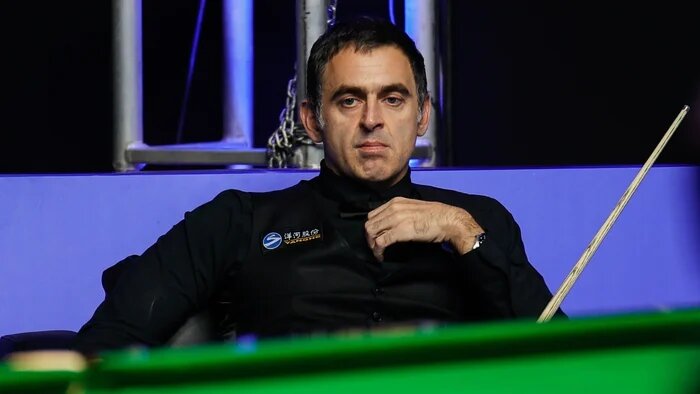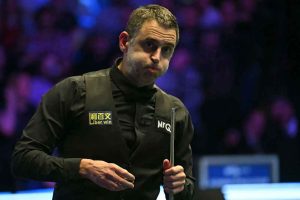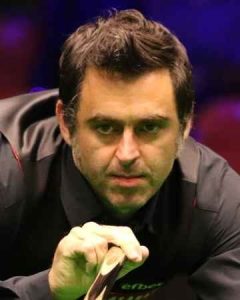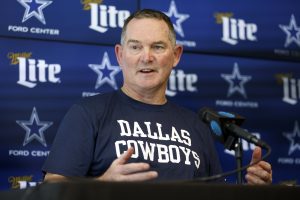
After Luke Littler made headlines two weeks prior as the youngest-ever PDC World Darts Championship finalist, Ronnie O’Sullivan emerged as the oldest-ever Masters victor.
O’Sullivan’s achievement received significantly less attention because it was, after all, his 23rd Triple Crown victory.
He has been the favourite, or very nearly, in every comp
etition he has participated in for as long as anyone can remember.
Because of this, it is simple to forget that more than thirty years ago, when he was a youthful, 17-year-old who won the UK Championship, he too made history by becoming the youngest Triple Crown title holder ever.
Without a doubt, it is the same individual despite having darker hair, a stronger unibrow, a puffier face, redder cheeks, and no facial hair.
Perhaps the most startling difference between O’Sullivan’s pictures from then and now is how identical he looks, even though he had a career in sports that is practically unmatched.
Tom Brady, who is regarded as the greatest player in American football in part because of his extraordinary longevity, played 23 seasons; Lebron James, who is currently in his 21st season and has challenged Michael Jordan for the title of greatest basketball player in basketball, is playing in his 32nd; and Ronnie O’Sullivan is in his 32nd.
Granted, the fact that snooker players are not required to perform as physically demanding as players in other sports may make these comparisons unfair.
The careers of managers and coaches, whose less physically demanding jobs may be a better (albeit somewhat disparaging of O’Sullivan’s) parallel.
Gregg Popovich has coached the San Antonio Spurs for 27 years; Bill Belichick directed the New England Patriots for 24 seasons; and Alex Ferguson managed Manchester United for 26 years.
To put it simply, no one else has demonstrated such continuous and prolonged dominance, either on the field or in the locker room.
That may be oversimplifying things, though, as he may not be the same person intellectually as he is physically. O’Sullivan has constantly changed and remade himself to maintain such amazing performance heights.
When he was younger, he played with a reckless yet planned abandon, best demonstrated by his 147 break in the 1997 World Championship opening round, which is still the fastest break ever recorded in a period of just five minutes and eight seconds.
Watching films of it reduces a demanding and complex sport to simple and mindless mechanics, displaying an unsettlingly perfect representation of snooker greatness.
However, O’Sullivan was going through a difficult period personally as well. His mother served a year in prison for tax evasion in 1996, following his father’s 1992 murder conviction.
O’Sullivan was left to juggle his snooker career and his eight-year-old sister’s needs. In addition, his connection with snooker soured, and he subsequently said that he was “finding solace in drink, wacky back, and food.”
This complicated relationship that included the good, the bad, and the ugly persisted with snooker.
What other way to explain requesting the maximum break on the first black and then getting one; purposefully potting the pink to get a 146 instead of a 147 in protest at the prize money; and giving up at just 4:1 down in a quarterfinal match in the UK Championship, a best-of-17 match?






